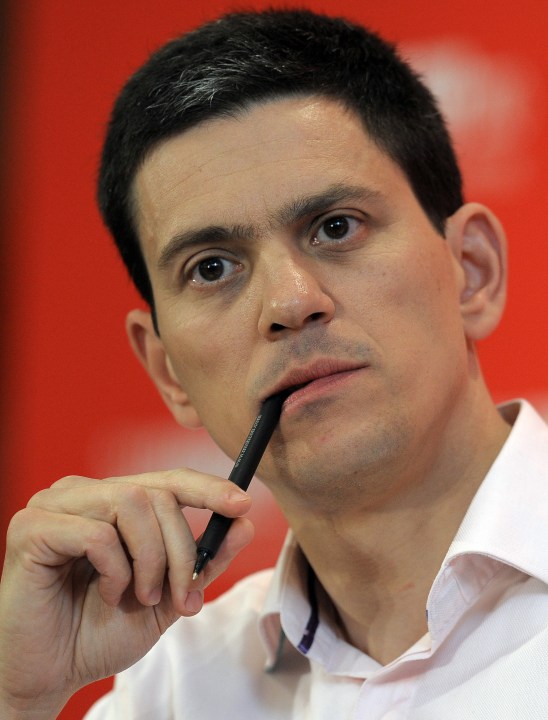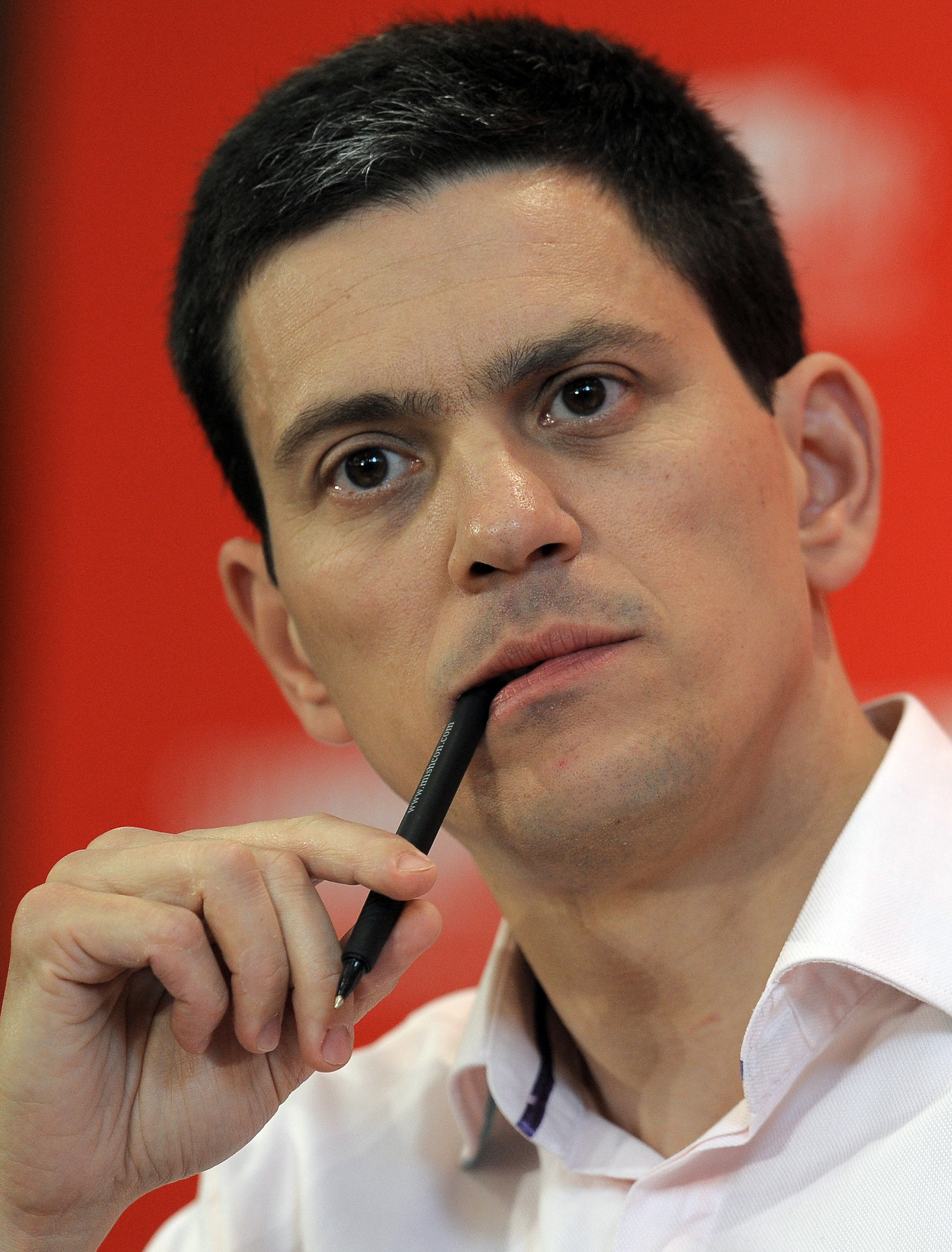 They may have faded from the front pages, but middle class benefits are still one of the
most important stories in town. What we are witnessing here could be the birth of this Parliament’s defining dividing line – a cuts vs investment for the new decade.
They may have faded from the front pages, but middle class benefits are still one of the
most important stories in town. What we are witnessing here could be the birth of this Parliament’s defining dividing line – a cuts vs investment for the new decade.
In truth, the birthing process began before the election, with this Ed Miliband interview in the Guardian. In it, he made a distinction between a “residual welfare state that is just for the poor, which is the Tory position,” and a “more inclusive welfare state” that encompasses the middle classes. His point was that the former goes against “all the evidence of maintaining public support [for the welfare state]” and, ergo, the Tories have got this wrong.
Ed Balls has since borrowed that argument, but you know Labour are dead-set on using it when David Miliband – ostensibly the most “right-wing” candidate – joins the protest against middle class benefit cuts. And that’s what he did in various media appearances yesterday. Asked on Newsnight whether he would “stick to universality”, Miliband offered two words in response: “of course”.
Labour will see this as the perfect opportunity to appeal to those “South East” types who deserted them in the election. But it could be problematic for them too. The public consensus is that we need spending cuts – yet here we have an Opposition emphasising only what they wouldn’t cut. And, what’s more, these are cuts which could well be “progressive,” by the definition of those charts that Labour normally have so much faith in.
This doesn’t mean that Labour have found a losing attack here. As James and Paul Goodman have noted, the coalition’s cocktail of tax rises and benefit cuts could be unpalatable for the middle classes. It really could swing either way. But one thing I’m sure of, at least: the government is doing the right thing by the public finances if it decides to limit universal benefits – whatever the electoral fallout.







Comments